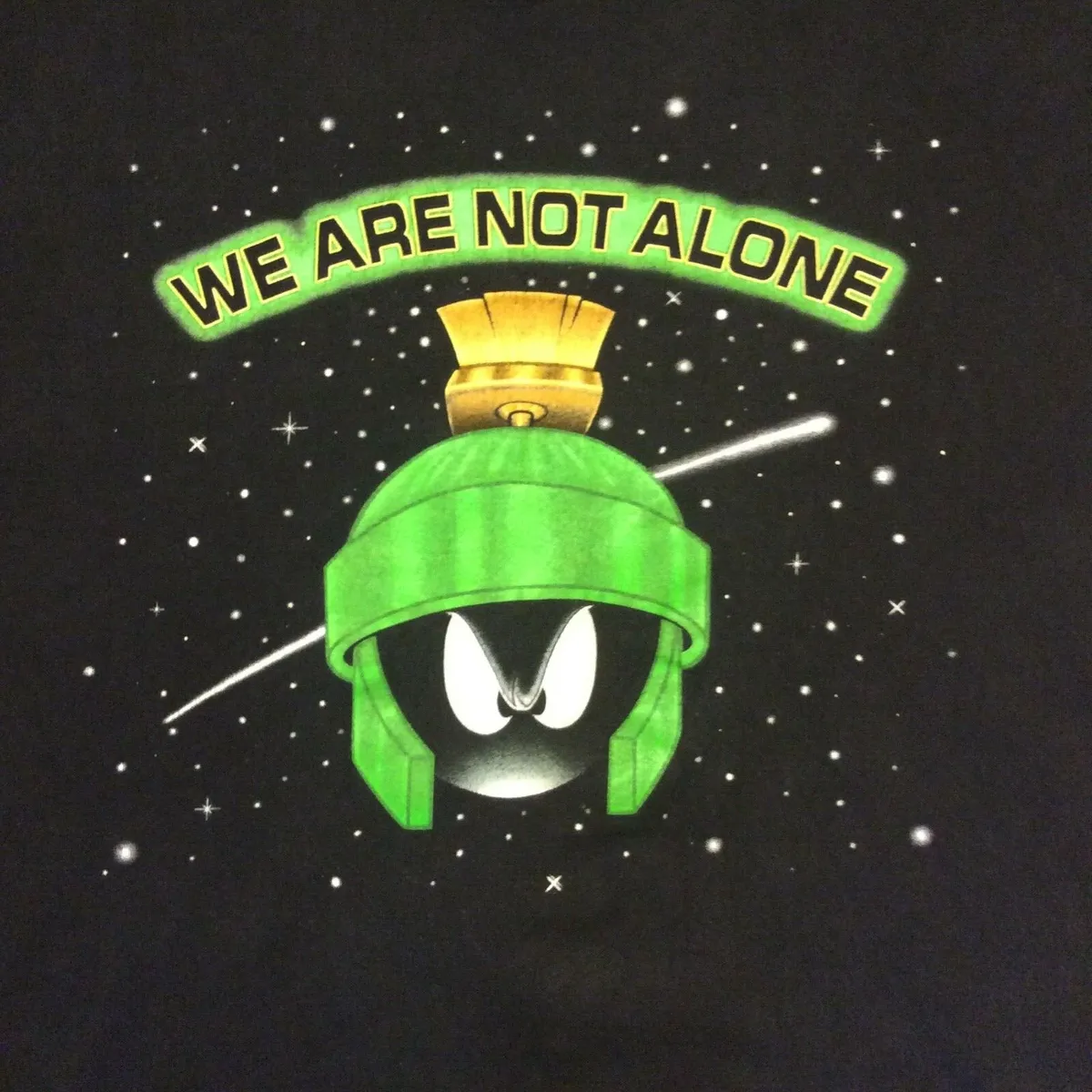Continuing the PKD-inspired theme of living as-if a "Secret Christian" (versus The-Empire-that-never-ended); this is rooted in the conviction that we each can - when necessary - do this work alone, without the assistance of a church, or indeed "other people".
Also related is the further conviction (from Rudolf Steiner and Owen Barfield) that clear and true thinking - thinking derived from our true and divine "self" - positively affects the world of creation - including if this thinking is never communicated.
What is missing from this description of an "asocial" Christian life is some kind of feedback cycle; that essential to-and-fro, trial-and-error interaction characteristic of the best social interactions; by which our understanding is stated, evaluated, developed, and (it is hoped) improved.
When there are no people on one's side that can be trusted at the deepest level; then the feedback cycle must-be mystical, supernatural, 'magical' - in a word 'divine'; and exactly that has been provided by Jesus Christ as the Holy Ghost.
This guidance is a case of "must-be", exactly because it is needed - we may be alone as a follower of Jesus Christ among the people around us, but we cannot actually "go it alone" in an ultimate sense; since we are all prone to error and corruption.
We all need correction; and when there are no suitable people, and no valid institutions, to provide it - then, of course, God will ensure all necessary guidance is available by other means.
The main question is whether we genuinely want divine guidance. If we are merely seeking validation, and will not listen to anything but validation, then we cut ourselves off from divine guidance. But assuming we really do want guidance, how might we reasonably expect to get it?
With modern human consciousness, such things are different from in the past; and - because of our agency and freedom; we moderns must actively seek and consciously choose that which was more passively and un-consciously imposed-upon more ancient Men.
A good way to think about this may be to assume that (here-and-now) we must do most of the work of understanding for ourselves.
Having worked-out some kind of understanding, we need to ensure that we really do understand it; in other words, we need to articulate it clearly and as simply as possible, so that we can fully grasp what it is that we think we know.
And then we seek feedback by whatever works for us as an individual: through prayer, meditation, or even by doing what I am now doing - by articulating the understanding in writing as clearly and simply as possible.
And then we adopt a receptive frame of mind, a spirit of honest enquiry, of attuned-responsiveness... We make our proposal and then await - in a state of awareness - to experience how it plays-out*.
And thereby; although we may lack personal help, we will find that "we are not alone".
**
To expand a little: We should not expect understanding to pour-in upon us as divine inspiration; but should expect to do the work of understanding for ourselves. That is the way to learn, and to-learn is, substantially, what we are here for. We look to the Holy Ghost simply to confirm, or to deny, what we have proposed.
And we should not expect to attain answers that are perfectly and eternally true - but answers that will suffice for our current needs. Thus answers may change over time, as we and our needs change. An answer may suffice for a while, and then later we get sent "back to the drawing board" Furthermore, it may be that it is in striving for ever-better answers, rather than in receiving stable and certain affirmations, that we are doing what God most wants from us and what we most need.
After all, understanding is seldom easy in a world full of lies and distractions; and we may never hit-upon the right answer, despite what seems like our best efforts. And again, ultimately, all answers that we can arrive-at must-be wrong because finite and the product of limited minds. It doesn't really matter.
What does matter is that we know enough for salvation, and live and learn towards resurrected life-eternal.

Anselm's Fides Quaerens Intellectum seems similar to me.
ReplyDeleteOf course, you and I aren't Catholic. Or ultra-montanists. And his correction while perhaps (probably? certainly?) from the Holy Spirit/Ghost, was clearly mediated by Scripture and Tradition and his superiors.
Still, I think the idea that knowledge (of anything) has to be "conditioned" by our Faith is True.
That Truth (what we seek) can't be anything other than in accordance with our Faith.
So, Faith is the ground and means by which Truth is discerned/discovered.
I only mention this because it seems the answer to "are we doing this right?"
If we are doing it Faithfully, then yes. I suppose?
@Skarp - Yes, but I am thinking in terms of the question of what replaces "the church" as a partner in *developing* a (valid) Christian faith - in a world where it seems almost everybody and certainly every institution is (overall) on the other side.
ReplyDeleteIt is what I named "The Road Least Traveled", elsewhere on this blog.
ReplyDeleteFinding a partner - person or institution - is most likely nowadays almost impossible; not really worth "waiting" (or striving) for.
It can be better to "going it alone". If and/or when a potential partner comes along, then GREAT, be happy about it and continue together. Yet as far as I can tell, this is a pretty rare occasion nowadays.